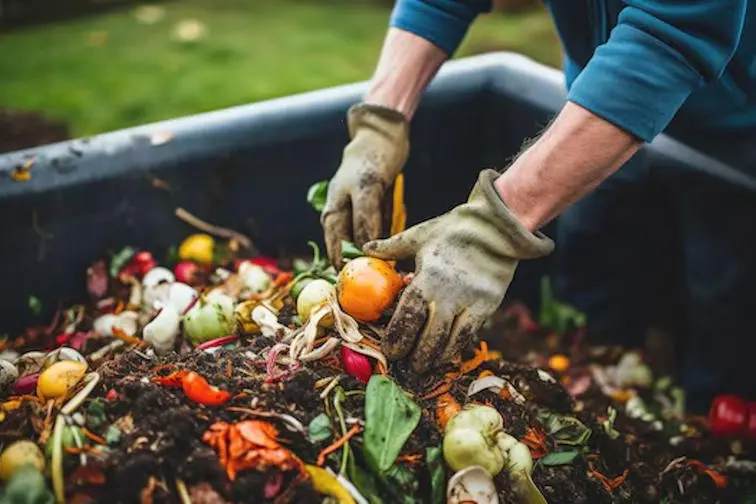PHOTO
Muscat – The retail sector in Gulf Cooperation Council (GCC) countries wasted approximately 1.3mn tonnes of food in 2022, corresponding to an annual loss of approximately US$4-7bn, which is enough to provide iftar meals for 70% of all Muslims around the world throughout Ramadan.
This was revealed in a report titled ‘Reducing Retail Food Waste in the GCC’ by Oliver Wyman, a global management consulting firm, detailing how GCC countries can curtail food waste, improve sustainability, and boost economic growth through innovative strategies and policies.
According to the report, in the GCC, food waste — primarily generated by consumers, retailers and food-service establishments — averages 150kg per capita annually, which is 14% above the global average of 132kg. ‘This is significantly higher than other developed economies, for instance 38% above European Union levels and nearly double that of Japan. This issue significantly affects food security, the environment and the economy as it further exacerbates the region’s substantial dependence on imported food,’ it stated.
While retail food waste typically constitutes a smaller portion of total food waste — ranging from 5% to 15%, depending on the country — retail food waste in the GCC is notably 38% higher than the global average, the report revealed. ‘This suggests that the retail sector in the GCC presents a critical opportunity for improvement.’
The report, focusing on retail market, stated that in competitive markets hyper- and supermarkets try to win customers with full shelves and attractive promotions. Finding the right balance between availability and food waste is one of the key challenges in food retail.
Western retailers in comparison are more cautious regarding stock levels, especially for perishable goods at the end of the day, backed by leading forecasting and ordering platforms. Additionally, compared to Western markets, inventory is often the responsibility of the supplier with unsold goods being returned before expiry. ‘This missing end-to-end perspective leads to significant buffer stocks and food waste along the value chain.’
In order to effectively address the food waste challenge, it is important for retailers and governments to implement integrated and collaborative steps in order to foster a more sustainable food system across the GCC, the report urged.
© Apex Press and Publishing Provided by SyndiGate Media Inc. (Syndigate.info).





















